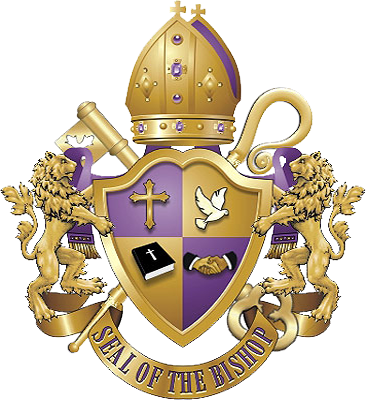Courses
All courses...
-
All courses...
-
Topics
-
General
-
Access restrictions
-
Subscribers only
-
Premium course
-
Mini Course
This course is a study of the first generation of Bishops that would operated at the end of the first century and who followed the Apostles who had been former disciples of Jesus Christ. The course consists of 12 lessons and concludes with an exam. At the end of the course the student will have a clear picture and definition of how the office of the bishop emerged as a permanent part of the New Testament church.
Page [tcb_pagination_current_page] of [tcb_pagination_total_pages link='0']
